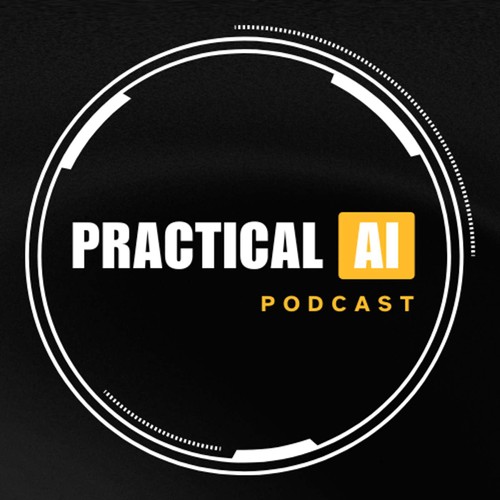
 Practical AI
Practical AI Automating code optimization with LLMs
26 snips
Aug 29, 2023 In this discussion, Mike Basios, CTO and co-founder of TurinTech AI, dives into the fascinating world of AI-driven code optimization. He shares how large language models can transform slow code into high-performance solutions through innovative 'translation' techniques. Mike highlights the evolution of code generation tools and their impact on developer workflows, emphasizing the importance of fine-tuning these models. He also addresses ethical concerns in optimizing code with AI, paving the way for a future where developer tools are more efficient and collaborative.
AI Snips
Chapters
Transcript
Episode notes
Code Optimization Importance
- Code optimization aims to improve speed, memory usage, and CPU usage, ultimately reducing energy consumption.
- While crucial for large tech companies and hardware developers, most individual developers don't prioritize code optimization.
Early Code Optimization Research
- In 2018, Mike Basios and his team published research on automating data structure selection for code optimization.
- This involved suggesting changes like switching from array lists to linked lists in certain scenarios, showcasing the potential impact.
Integrating Code Optimization Tools
- Integrate code optimization tools into your CI/CD pipeline, alongside testing and security scans.
- This approach ensures that code improvements are considered throughout the development process.

